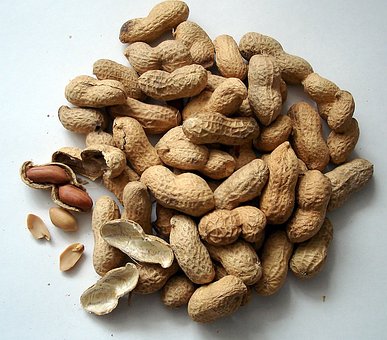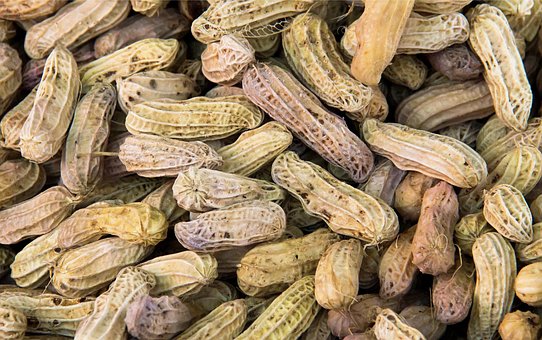Boiled peanuts are a popular snack in many parts of the world, particularly in the southern United States. These peanuts are typically made by boiling raw peanuts in water for several hours until they become soft and tender. Boiled peanuts have a unique texture and flavor that sets them apart from regular raw or roasted peanuts. In this article, we will explore the nutritional value of boiled peanuts per 100g and whether they are healthy for you.
First, let’s take a look at the basic nutritional value of boiled peanuts. According to the United States Department of Agriculture (USDA), 100g of boiled peanuts contains approximately:
577 calories
26g of protein
44g of fat
20g of carbohydrates
9g of fiber
4g of sugar
It’s important to note that these values can vary slightly depending on the type of peanuts used and the specific boiling method. For example, using raw peanuts that are high in oil content will result in a higher fat content in the final product.
Now that we’ve covered the basic nutritional value of boiled peanuts, let’s delve into the specific nutrients that they contain.
Protein: Boiled peanuts are a good source of protein, with 100g containing 26g. Protein is an essential nutrient that helps to build and repair tissues, produce enzymes and hormones, and maintain healthy skin, hair, and nails. It is also necessary for proper growth and development, especially in children and adolescents.
Fat: Boiled peanuts are relatively high in fat, with 100g containing 44g. The majority of this fat is monounsaturated and polyunsaturated fat, which are considered to be “good” fats that may help to lower cholesterol levels and reduce the risk of heart disease. However, boiled peanuts are also high in saturated fat, which should be consumed in moderation as it can raise cholesterol levels and increase the risk of heart disease.
Carbohydrates: Boiled peanuts contain 20g of carbohydrates per 100g. Carbohydrates are the body’s main source of energy, and they are essential for proper brain function and physical activity. There are two main types of carbohydrates: simple and complex. Simple carbohydrates, such as sugar, are quickly absorbed by the body and provide a quick burst of energy. Complex carbohydrates, such as those found in boiled peanuts, are slower to digest and provide a more sustained source of energy.
Fiber: Boiled peanuts are a good source of dietary fiber, with 100g containing 9g. Fiber is a type of carbohydrate that is not digested by the body. It is important for maintaining a healthy digestive system and may help to lower cholesterol levels and reduce the risk of heart disease.
Sugar: Boiled peanuts contain 4g of sugar per 100g. Sugar is a simple carbohydrate that provides a quick source of energy. However, it is important to consume sugar in moderation as it can contribute to weight gain and other health problems when consumed in excess.
In conclusion, boiled peanuts are a snack that is high in calories and fat, but they also contain a good amount of protein, fiber, and other nutrients. Like all foods, they should be consumed in moderation as part of a balanced diet. If you are trying to lose weight or manage a health condition, it is important to speak with a healthcare professional before adding boiled peanuts to your diet.

 Home
Home Health
Health Diet & Nutrition
Diet & Nutrition Living Well
Living Well More
More












